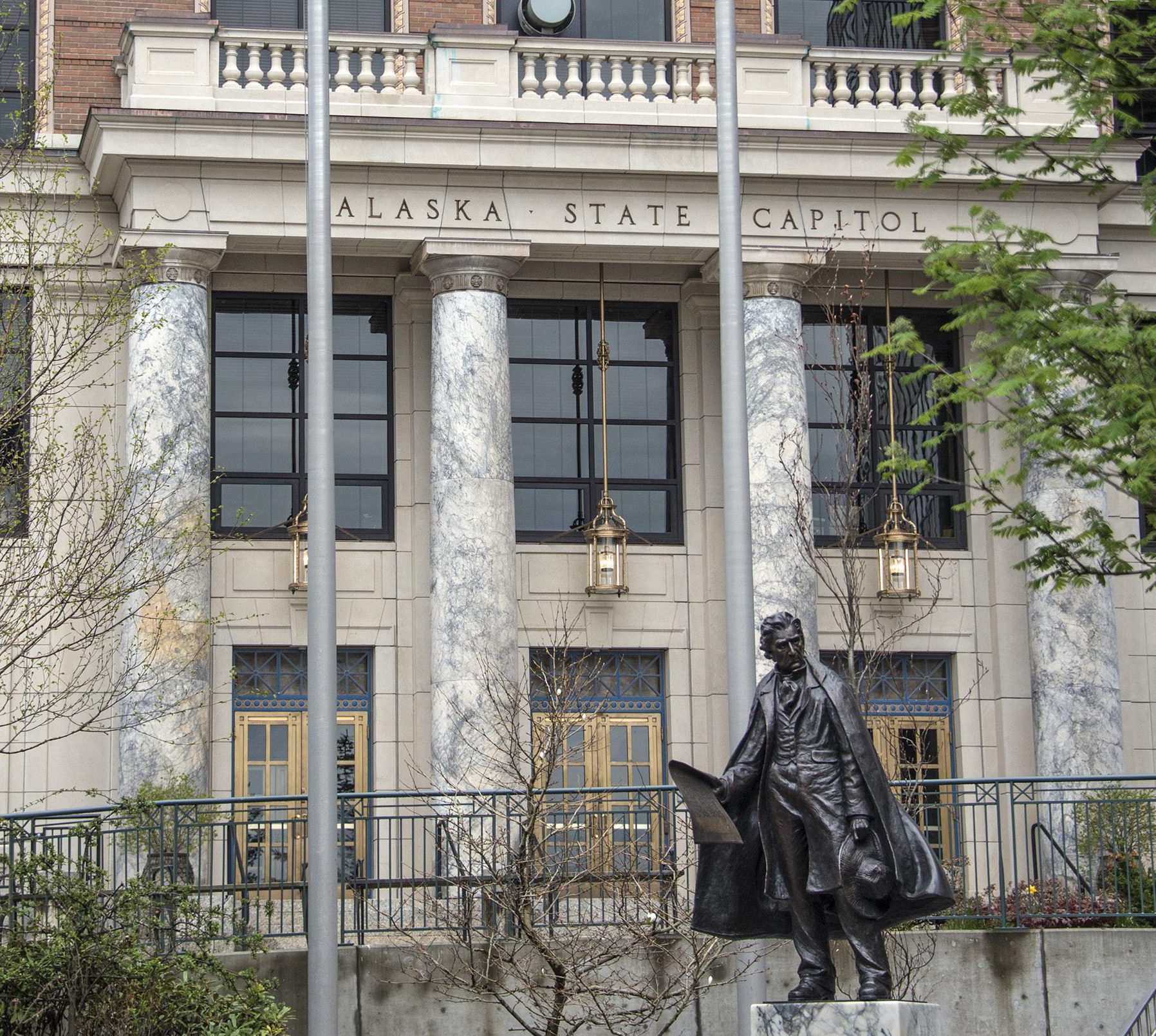Forty-six state legislatures are currently in session. The Alaska House of Representatives has been in session since Jan. 19. But no regular business has taken place because legislators have not elected a permanent speaker or organized committees.
Partisan control of the House was uncertain after the 2020 elections, split between those favoring a Republican-led majority and those supporting a multi-party coalition. Republicans won 21 of 40 seats, but Rep. Louise Stutes (R) joined a coalition of 16 Democrats and three independents, leaving legislators split into two 20-member factions.
The Alaska House elected Josiah Patkotak (I) unanimously as temporary speaker on Feb. 4. Patkotak was elected to his first term on Nov. 3. He is presiding over the chamber until a permanent speaker is elected, taking over for Lt. Gov. Kevin Meyer (R) who had filled the role of presiding officer since the legislative session began. Legislators have not submitted any nominations for a permanent speaker as of Feb. 9.
Alaska has a Republican governor, and Republicans control the state Senate, so final control of the chamber will also determine the state's trifecta status.
The Alaska House faced a similar situation after the 2018 elections. That year, Republican-aligned candidates won 23 seats, and Democratic-aligned candidates won 17. A coalition of 15 Democrats, four Republicans, and two independents elected Bryce Edgmon (I) as House speaker on Feb. 14, 2019. Edgmon was originally elected as a Democrat but changed his party affiliation to independent before he was elected speaker. Both parties split control of key leadership positions and committees.



